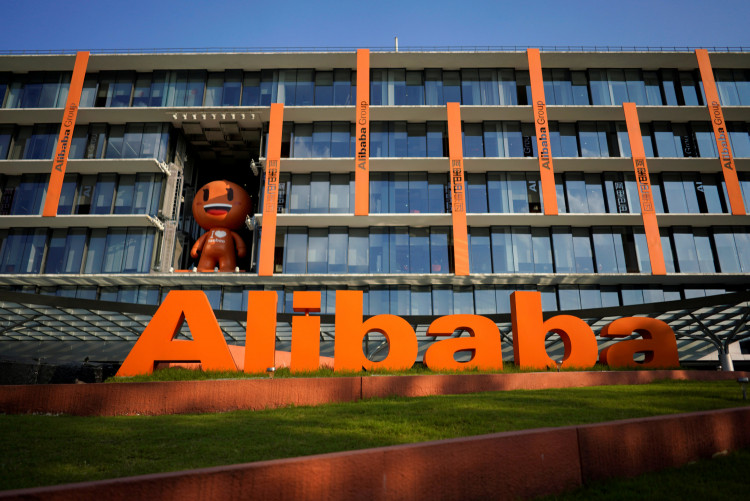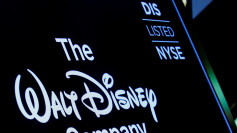Chinese Gucci fans hoping to see their favorite brand on the e-commerce platforms run by Alibaba or JD.com may have to wait longer for this to happen. Gucci is reluctant to enter these platforms, even it means better access to the world's largest luxury goods market, because of its apprehension towards widespread counterfeiting.
At a Business of Fashion Conference held at Shanghai, the chief executive of Gucci, Marco Bizzarri asserted that most of the popular e-commerce platforms in China consist of counterfeiting activities. Bizzarri added that by joining these platforms, Gucci might inadvertently certify counterfeiting and he does not want that.
The Chief Executive is not closing any doors, however. He just noted that in the meantime, he wants to stay away from any possibility or risk of certifying counterfeiting, so the company has adopted a wait and see attitude. The company remains in contact with both Alibaba and JD.com. Bizzarri also claimed that Gucci wants to make sure that joining any e-commerce platforms will not dilute its luxury and exclusive feel.
Gucci will not be the first luxury brand to sign up a partnership with either Alibaba or JD.com. The two e-commerce platforms have strived to seek higher margins and prestige by partnering with different luxury brands since last year. For instance, Alibaba has partnered with Burberry, Hugo Boss, Tiffany, and Moschino among others. These brands were signed into Alibaba's Tmall Luxury Pavilion platform. Meanwhile, JD.com has already entered into partnerships with Saint Laurent as well as Alexander McQueen. It also signed a deal with Farfetch, a British e-commerce platform.
Chinese luxury good fans raring to see Gucci on these platforms might not need to fret, however. China is starting to ramp up its efforts to crack down on counterfeit goods and products. So far, the government has already started a zero-tolerance policy against those selling or manufacturing counterfeiting foods, drugs, and agricultural items. It might not be long before the focus change to other industries where counterfeiting is rampant.
China has the world's largest luxury goods market. The luxury spending increased by 20% in China last year, reaching 143 Billion yuan, or USD20.5 billion. Selling in e-commerce sites is still a young strategy and certainly has an excellent room for growth and development, given the fact that e-commerce only represented 9% of the total luxury goods sales in China. Compared to 2015 however, this is already 3% higher.
As of now, Chinese luxury consumers can only access Gucci through the company's website.






